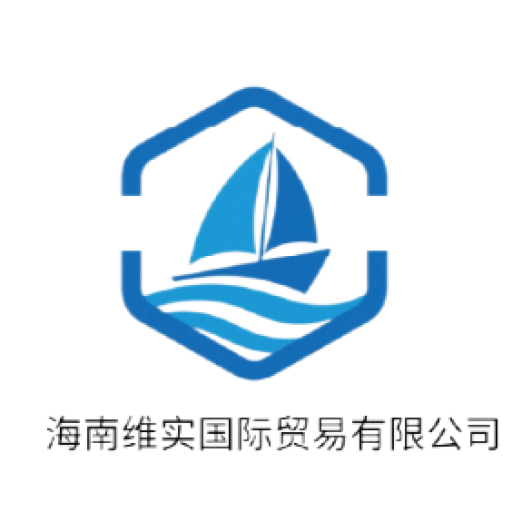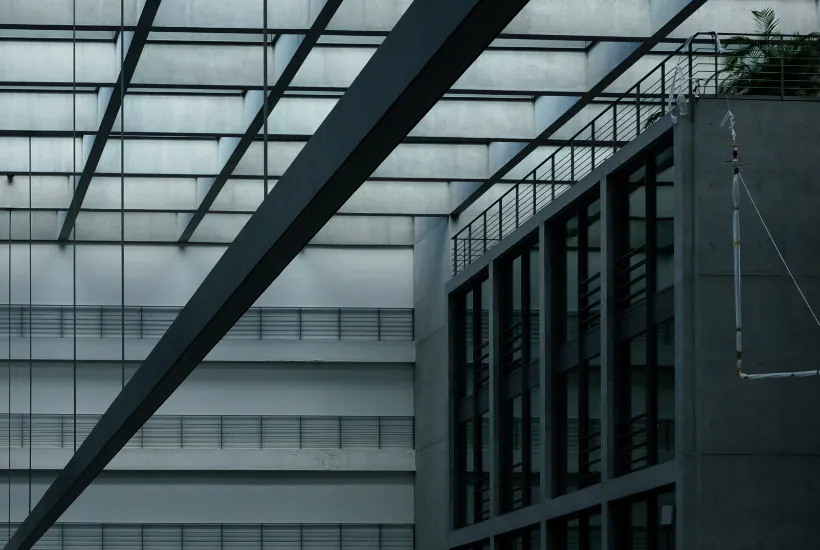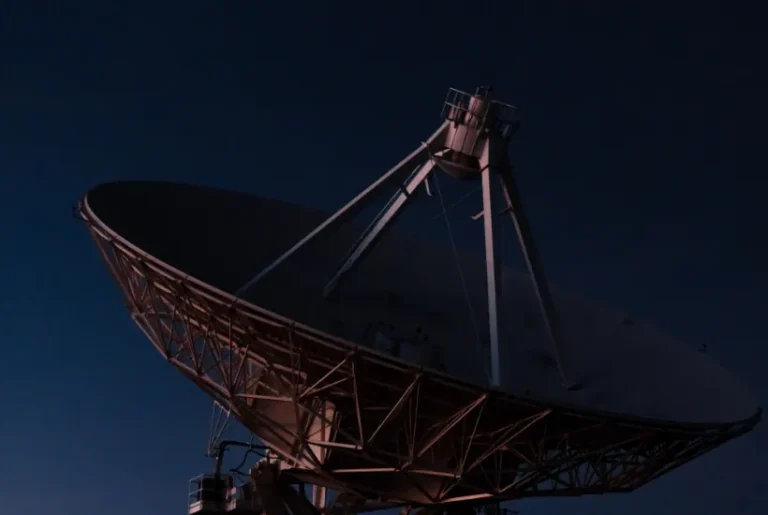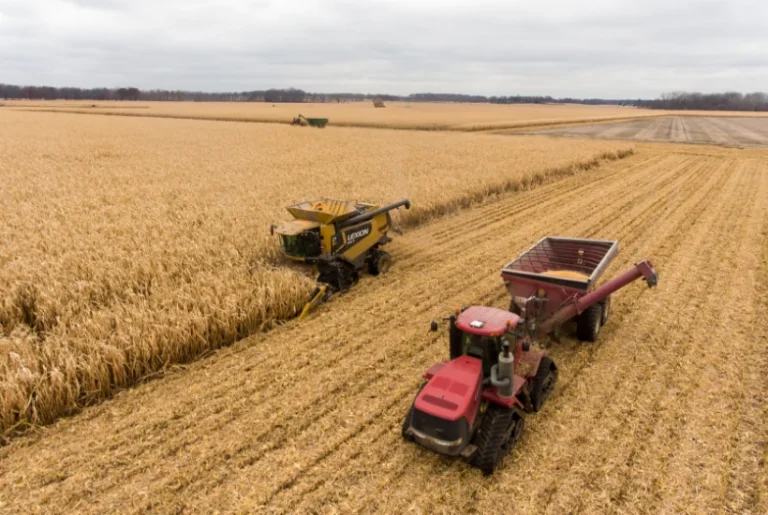The import advantages of Brazil’s 45# white sugar can be summarized in five key areas, which encompass a combination of natural conditions, production technology, policy support, market supply and demand, and trade facilitation:
- Superior Natural Conditions and Raw Material Advantages
Brazil has one of the most suitable tropical climates for sugarcane growth (with an average annual temperature exceeding 25°C) and fertile soil (with the Amazon basin covering 40% of the country’s land area). The sugarcane has a high sugar content of 18%-22%, significantly surpassing the international average. These unique geographical conditions make Brazil the only country in the world capable of achieving a “double harvest season,” with annual sugarcane production exceeding 650 million tons, ensuring a stable supply of raw materials. - Advanced Production Technology
- Processing Technology Differences: Brazil employs a carbonization method for refining, which results in higher product purity (sugar content ≥ 99.8%) and fewer impurities compared to the domestic sulfation process, with a 30% increase in dissolution speed.
- Full Industry Chain Advantage: The entire process from planting to processing is fully mechanized, with a mechanization rate of 98% for sugarcane harvesting. Sugar mills utilize IoT technology for real-time production monitoring, with energy consumption per ton being 15% lower than domestic levels.
- Quality Certification System: Brazilian sugar has passed international certifications such as ISO 22000 and HACCP, and SGS testing shows that heavy metal residue levels are only one-third of the national standard limits.
- Cost and Price Competitiveness
The CIF price of Brazilian white sugar is approximately 4,800 RMB/ton in 2024, which is 10%-15% lower than that of domestic sugar (approximately 5,500 RMB/ton from Guangxi). Large-scale cultivation has allowed Brazil to reduce sugarcane planting costs by 40% compared to China, and the modern logistics system ensures that the port arrival time is five days shorter than that of Thai sugar. - Policy Support and Trade Facilitation
The Brazilian government provides a subsidy of $30 per ton to sugarcane farmers, and the export tax rebate rate for the sugar industry is 13%. The China-Brazil trade agreement has reduced customs clearance time to 48 hours, improving efficiency by 40% compared to non-agreement countries. Additionally, in 2024, China will implement a 15% tariff on sugar from Brazil within the quota, providing a distinct cost advantage compared to the 50% tariff applied outside the quota.
Through this analysis, it is evident that Brazil’s 45# white sugar exhibits strong competitiveness in the global market, making it an important source of imported sugar for China.



